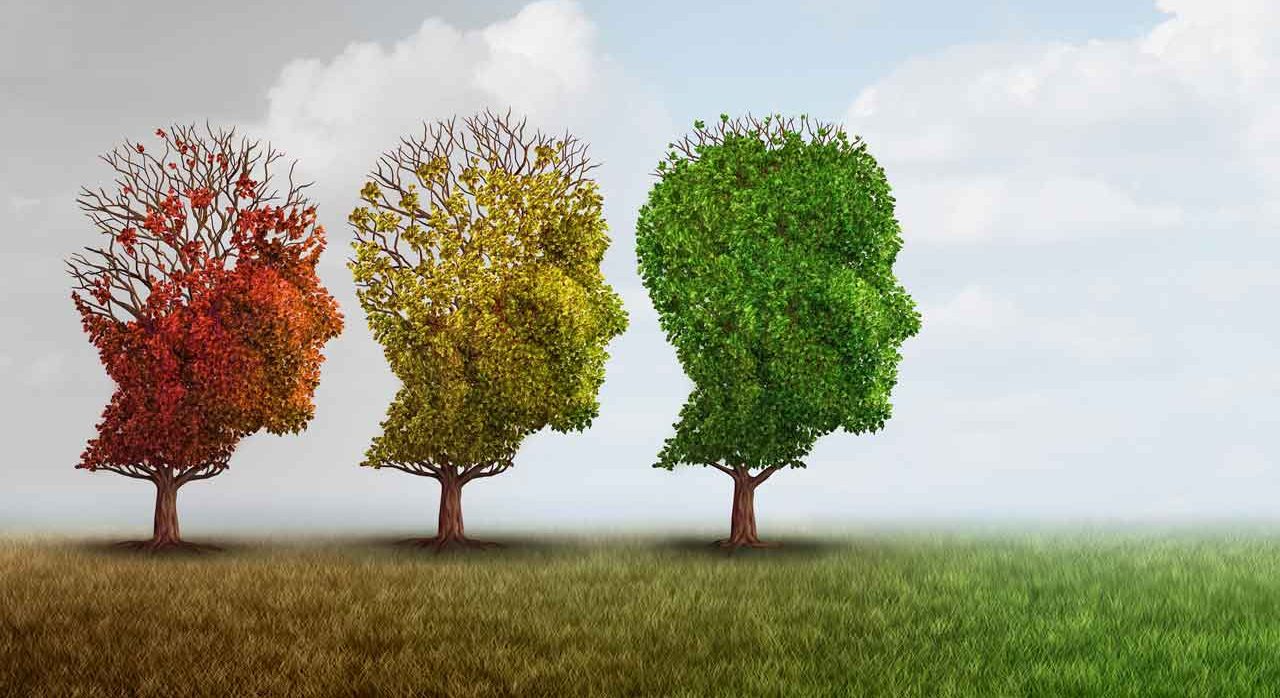How to Diagnose Dementia

Ever consider how to diagnosis dementia? This painstaking process involves a lot of questions and tests.
Diagnosing dementia, especially in the early stages, can be difficult.
Being forgetful doesn’t mean you have dementia. Many people notice that their memory becomes less reliable as they get older. Memory problems can also be the result of sleep deprivation, depression, stress, drug side effects, or other health problems.
“It can be just as important to rule out these other problems or find ways to treat them,” according to the U.K. National Health Service. “Your (general practitioner) will be able to run through some simple checks and either reassure you, give you a diagnosis, or refer you to a specialist for further tests.”
YOU MIGHT ALSO LIKE: When to Worry about Memory Loss
How to diagnose dementia
The answer will begin with your primary doctor asking you questions about your symptoms and other aspects of your health. He’ll also set up blood tests and check on any medications you’re taking, since they can mimic signs of dementia or even cause memory problems.
A medical evaluation for dementia will also include a neurological exam, brain imaging, and mental status testing.
Among the various types of dementia, Alzheimer’s disease is the most common. The most common tool used to screen for dementia is the Mini-Mental State Examination, which consists of neuropsychological tests. This involves finding out about possible problems with memory, language, planning, and attention. The person is usually asked questions such as: "What is the date?" or "What city are we in?"
Since dementia is so difficult to diagnose, you would probably also be referred to a neurologist, gerontologist, or psychiatrist with experience in diagnosing and treating dementia.
“The process of diagnosing dementia has become more accurate in recent years, and specialists are able to analyze the large amount of data collected and determine if there is a problem, the severity, and, often, the cause of the dementia,” according to the Family Caregiver Alliance. “Occasionally, there may be a combination of causes or it may take time to monitor the individual to be sure of a diagnosis.”
Research on earlier diagnosis
Research on new strategies for earlier diagnosis is among the most active areas in Alzheimer's science. Although diagnostic science lacks validated biomarkers for Alzheimer's disease in living patients (gold-standard diagnostic confirmation requires testing brain tissue samples posthumously), researchers are very active in genetic risk profiling, identifying cerebrospinal fluid biomarkers, such as beta-amyloid and tau, and advanced brain imaging techniques “that will allow clinicians to detect and monitor genetic, metabolic, vascular and cellular changes related to Alzheimer's disease.”
Symptoms of dementia
- Difficulty with one or more types of mental function, like learning, memory, language, and judgment
- Problems that are a change compared to the person’s usual abilities (in the U.S. military, soldiers are tested on admission to service to determine a baseline mental function, for comparison if traumatic brain injury is suspected at a later date)
- Problems that make it difficult for you to manage everyday life responsibilities, like work or family
- Problems that aren’t caused by another mental disorder, like depression
Doctors, explains San Francisco Bay-area geriatrician Leslie Kernisan, MD, will then typically go through the following areas of evaluation to figure out whether someone has dementia:
- They delve into difficulty with mental functions through cognitive testing and asking about real world problems.
- Determine a decline from a previous level of ability.
- Look into impairment of daily life function and the help a person is getting.
- Look for reversible causes of cognitive impairment that can be caused by illness or infection and hospitalization.
Because the information a doctor needs is comprehensive and complex, it’s highly unlikely that he could make a diagnosis right away, such as in one visit.
In any case, it’s important that a dementia diagnosis is thoroughly discussed with the patient’s family so that they are well informed about the disease.
“Disclosing a diagnosis should always be followed by joint discussions about the next steps to be undertaken. The current point of view is that every patient, according to the stage of illness and to their personality, has the right to know but also the right not to know,” according to Dementia. “This results in a step by step procedure for the information process. The patient is given part of the information in a way he can understand and he is asked if he wants to know more. Informing the relatives almost always needs prior consent of the patient.”
Updated:
March 05, 2020
Reviewed By:
Christopher Nystuen, MD, MBA